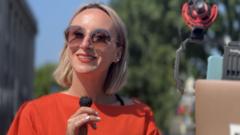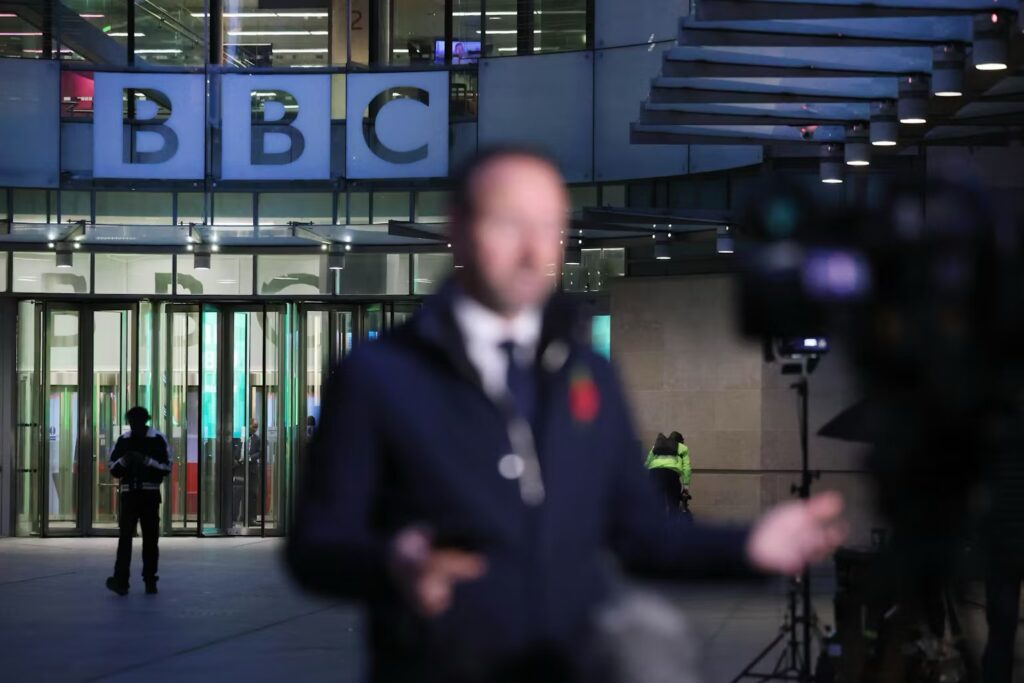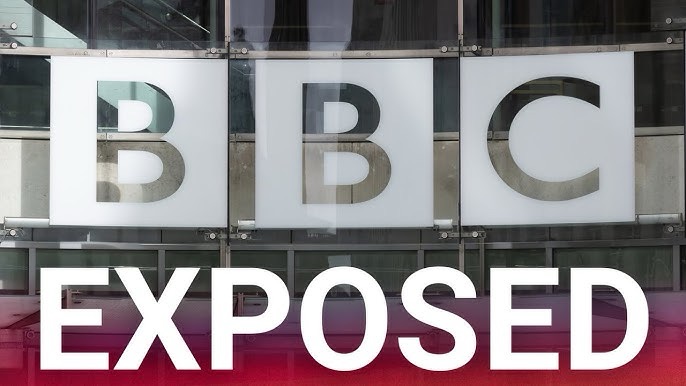I was gearing up for what I thought would be an ordinary day when I was jolted by a shocking discovery: my cargo bike, an essential part of my life in Amsterdam, was gone. The double lock that had secured it to my apartment wall was cut, leaving an empty space where my beloved bike once stood, and disbelief washed over me.
Living in the Netherlands, where cycling is ingrained in our way of life, I rely on my bike for everything—from school runs to grocery shopping. But this was no ordinary bike; it was a mobile broadcasting studio, which my colleague Kate Vandy and I ingeniously converted into what we called the Bike Bureau. My reporting series, "Dutch News from the Cycle Path," was born after a simple question from my daughter: "Why don't you just tell people the news now?" With my bike, I could report live from the heart of events, my daughter accompanying me, demonstrating a beautiful synergy of motherhood and work.
The bike was more than just transport; it was a gateway to collaboration, community engagement, and even accolades. However, with the police indicating they had little hope of recovering it, I resigned myself to the fact that the bike would likely remain missing. I reached out to my community through social media, prompting an outpouring of support and empathy from neighbors and friends.
Many in my circle, including accomplished professionals, saw the bike as a model of innovative journalism. They recognized it represented a sustainable option for news coverage, eliminating the need for gas-guzzling satellite trucks, aligning with growing environmental concerns. Research indicates that audiences are increasingly interested in individual actions that combat climate change, which my bicycle embodied.
It's surprising, yet not, to realize that bike theft is rampant in the Netherlands. Last year saw over 86,000 reported cases, marking a troubling trend. My e-cargo bike, valued at nearly €5,000, was a considerable investment that I sacrificed my car for. While the BBC incurred no loss financially, the emotional toll of the bike's absence felt like losing a cherished friend.
This bike enriched my daughter’s childhood with adventures—from spontaneous picnics to enchanting rides adorned in fairy lights. As I grapple with this loss, I recognize that it has ignited a broader dialogue about urban safety and cycling infrastructure but has also underscored the strength of community.
While the bike may be gone, the memories and connections it fostered within our community can never be taken away.





















